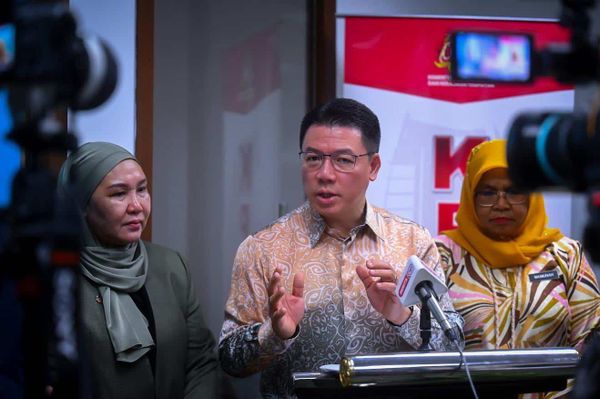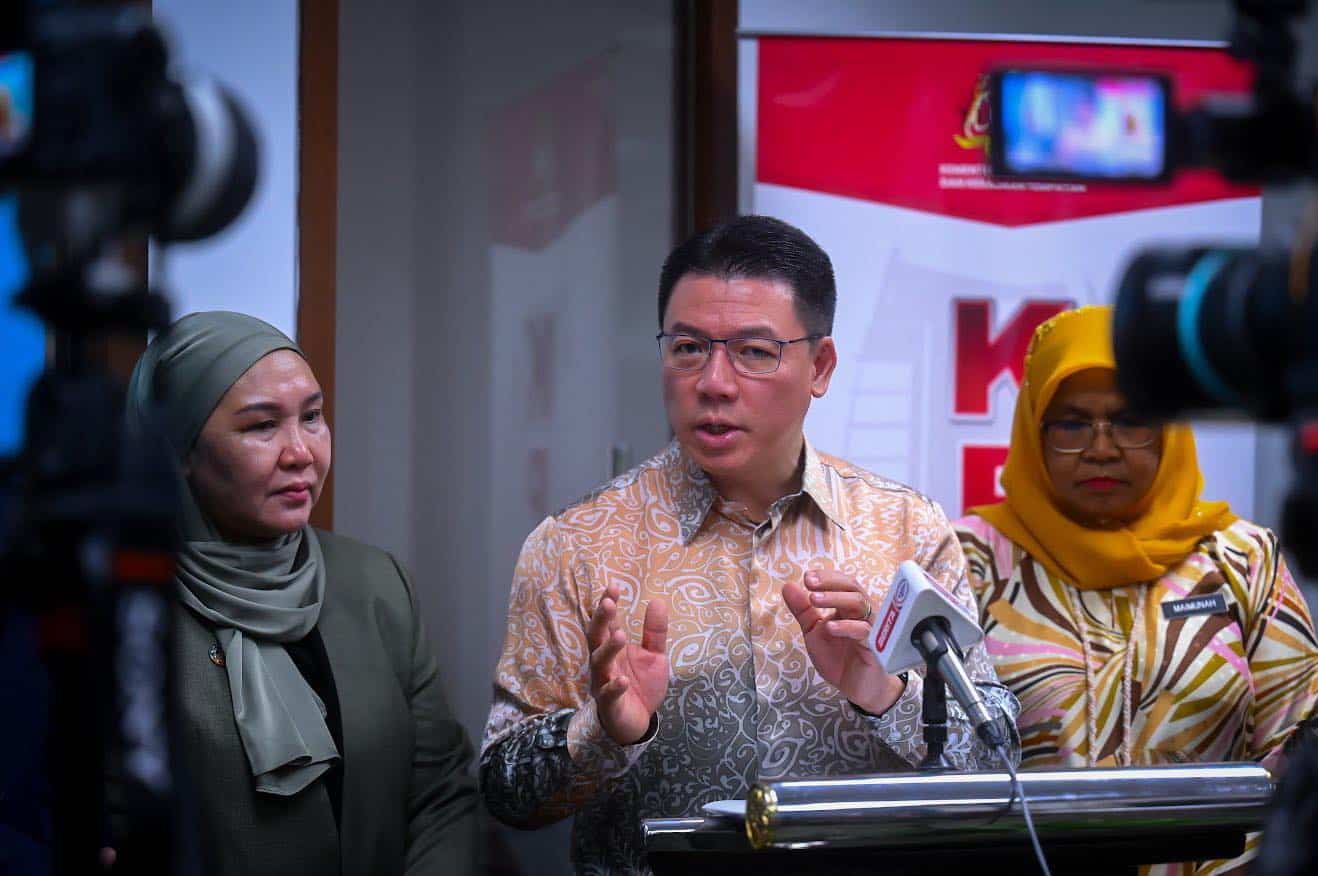PUTRAJAYA, Sept 1 — The sites proposed for urban renewal by certain parties have in fact already been gazetted by state governments, including those led by the opposition.
Housing and Local Government Minister Nga Kor Ming said a total of 534 sites nationwide have been identified and gazetted for urban renewal by the respective state governments, including 22 sites in Terengganu in 2015 and 55 sites in Kedah in 2018.
“These are facts, not proposals by the federal government. Kuala Lumpur has 139 sites, Kedah (55), Terengganu (22), Kelantan (four), Selangor (72), Johor (36), Pahang (58), Penang (five), Perak (85), Negeri Sembilan (49) and Melaka (nine), bringing the total to 534 sites.
“Those who gazetted and approved the sites previously are now suddenly opposing them,” he told a special press conference on the Urban Renewal Bill here recently.
Nga said the new Bill will ensure residents, including those from the B40 group living in dilapidated homes, are provided with better protection and more comfortable new housing.
“Currently, homes measure 500 sq ft, with only one bedroom and one bathroom. Under the Urban Renewal Act (URA), the minimum will be 750 sq ft, with three bedrooms and two bathrooms. This is the humanitarian policy of the Madani government,” he said.
Nga said another key principle of the Bill is owner consent, with an 80 per cent threshold required before any negotiations with developers can begin.
Such negotiations will be conducted by the State Executive Council, chaired by the Chief Minister or Menteri Besar, before being submitted to the Federal Executive Committee.
“Small-scale owners do not negotiate directly with large developers. Ministers and the government act as mediators to help people secure better terms,” he said.
He added that other principles of the Bill include retaining original residents in the same area, fair compensation, adequate temporary housing, and phased development.
Nga said Malay reserved land, customary land, and heritage buildings are not involved in urban renewal.
Nga also rejected claims that the Bill favours developers, emphasising that urban renewal is intended to protect communities and prevent residents from continuing to live in unsafe and dilapidated homes.
“I want to stress that the purpose of the URA is to benefit the people, not to bring wealth to the developers. Low-value homes will be replaced with higher-value ones, small units will be replaced with larger, more comfortable homes,” he said.
He said the second reading of the Bill is scheduled to be tabled on October 6 in the Dewan Rakyat, before proceeding to the third reading along with amendments agreed upon after consultation with the Parliamentary Special Select Committee.
“This government is one that listens. The amendments include raising the consent threshold from 75 to 80 per cent and adding provisions to ensure local demographics remain largely unchanged,” he said.
Nga said if approved in the Dewan Rakyat and Dewan Negara, the Bill could be gazetted by January 1, 2026, at the latest.




